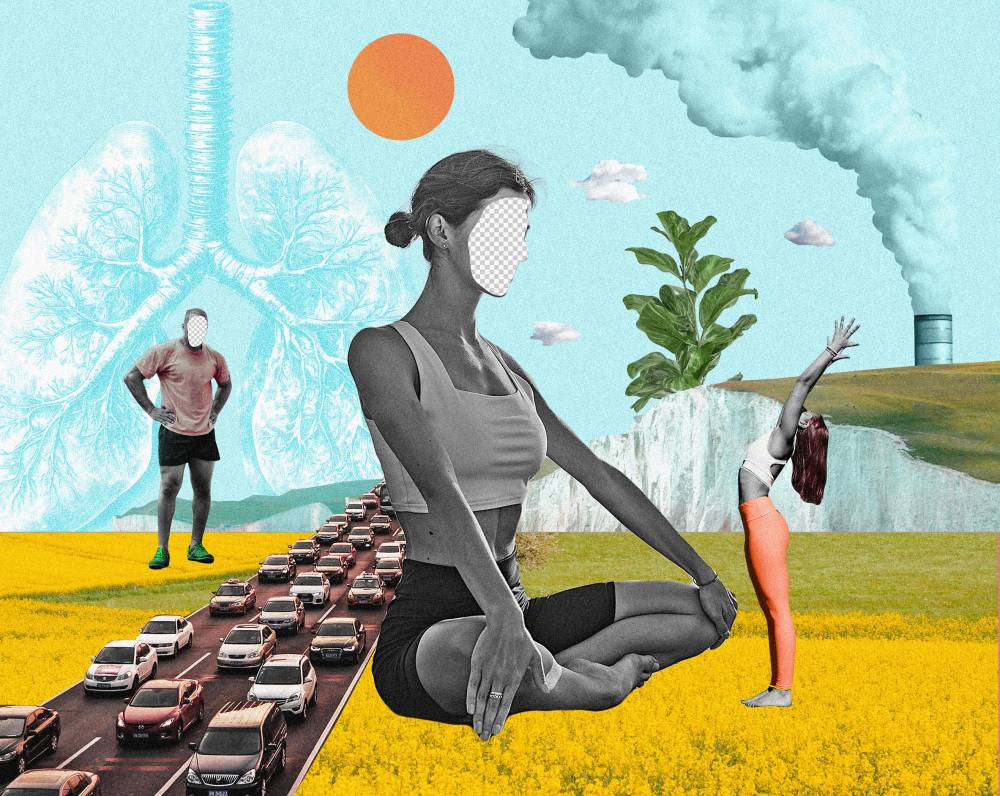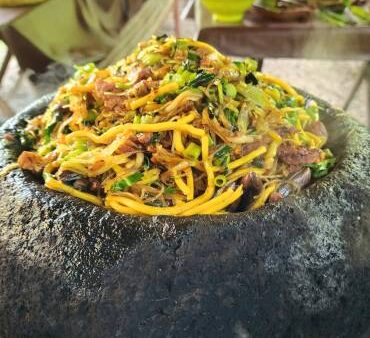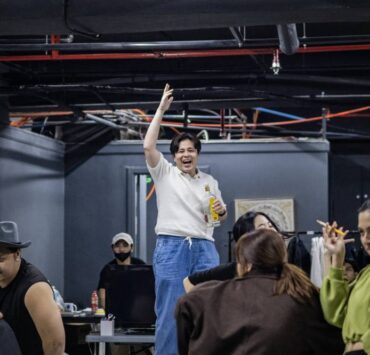Pahinga ka muna: Breath, spirit, and wellness

Based on the existing research about how Filipinos understand “wellbeing” (kaginhawaan), personal wellness depends on a person’s economic stability, sense of purpose, and relationship with their family or community. We are all struggling in different ways, and many of us are willing to give up our own kaginhawaan if it means that we can provide the kaginhawaan of our loved ones. Why do we live in a society where it has to be one or the other?
We often delay our own play and rest to future, faraway schedules where we could hopefully have enough mental space to breathe better (“Kapag nakaluwag-luwag”). Sometimes this is out of devotion, sometimes it is out of martyrdom. The problem is that if we never, ever take a breath for ourselves (pahinga), our bodies will take it for us. The mind becomes so overwhelmed with stress that we break down. The body gets sick. Our relationship with loved ones becomes strained and tension-filled.
For various ethnolinguistic groups in the Philippines, the word “ginhawa” means both breath and spirit. We sometimes say, “Kung walang ginhawa, walang buhay.” In fact, when a person dies, we say their breath ended (“Nalagot ang hininga”). Hininga (breath) is also spirit, and this is similar to the Biblical “breath of life.” Philosophers, such as Leonardo Mercado, have connected this Filipino concept to the Greek Pneuma, the Hebrew Ruach, and even the Hindu Prana and the Chinese Chi.
In Philippine folk psychology, the state of our spirit, vitality, and health are all determined by how well we can breathe, and how light we feel (“Magaan ang pakiramdam”). When we are burdened by stress or sadness, we feel our chests tighten (“Masikip ang dibdib”), and we feel heavy (“Mabigat ang loob”).
Amidst the hustle of life, to rest is to breathe—pahinga. This can be different depending on our particular needs; it is not a one-size-fits-all. We can start by paying attention to the needs of our own mind and body. When you are thirsty, drink water; when you are hungry, eat something nourishing; when you feel tired, sleep; when you feel sluggish and stagnant, go for a walk. This should be common sense. Just listen to your own pulse, your own bodily rhythms.
Of course, if breath is so vital to our wellbeing, we absolutely need clean, breathable air. How can we have kaginhawaan when our daily life involves struggling through a thick cloud of toxic fumes from cars and factories? How can we ever do pahinga when the economy forces us to keep running an endless race?
Yes, work can definitely be rewarding, because it can be a source great joy to feel like we are of service to our Kapwa. It can even be healthy for us to have a little stress, if it improves our mind and body—just as we put some effort in gyms to strengthen our body, a balanced and stimulating workplace can give us a sense of stability, belongingness, and purpose.
But we should not have to sell our own dignity just to breathe. Unless our lungs and stomachs become totally replaced with mechanical pumps, our brains with artificial intelligence, and our limbs with robot arms, we cannot be expected to adapt to machine-like conditions. To breathe is to have life, and to move is to be alive.

















